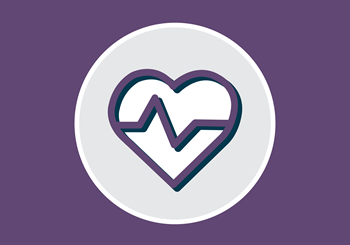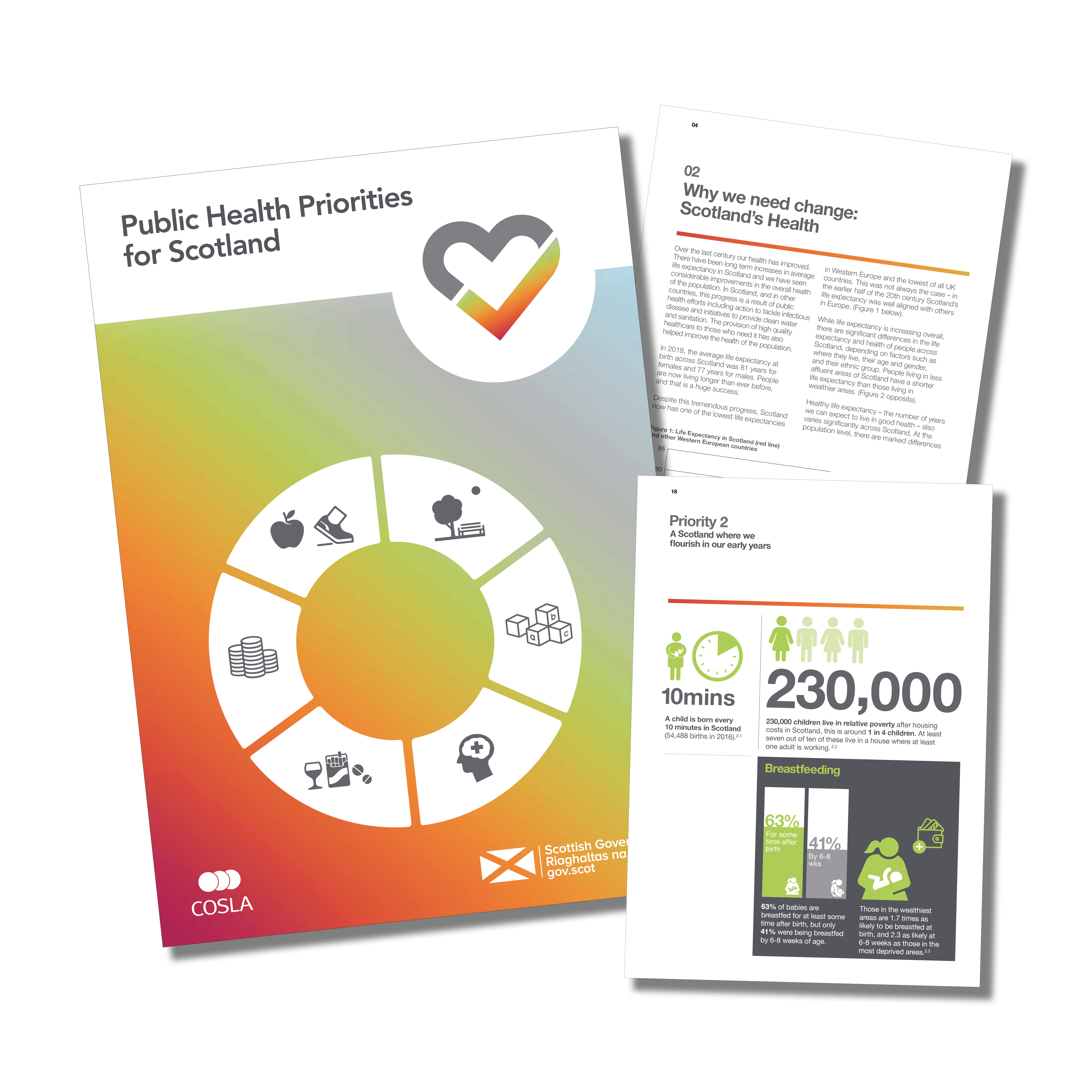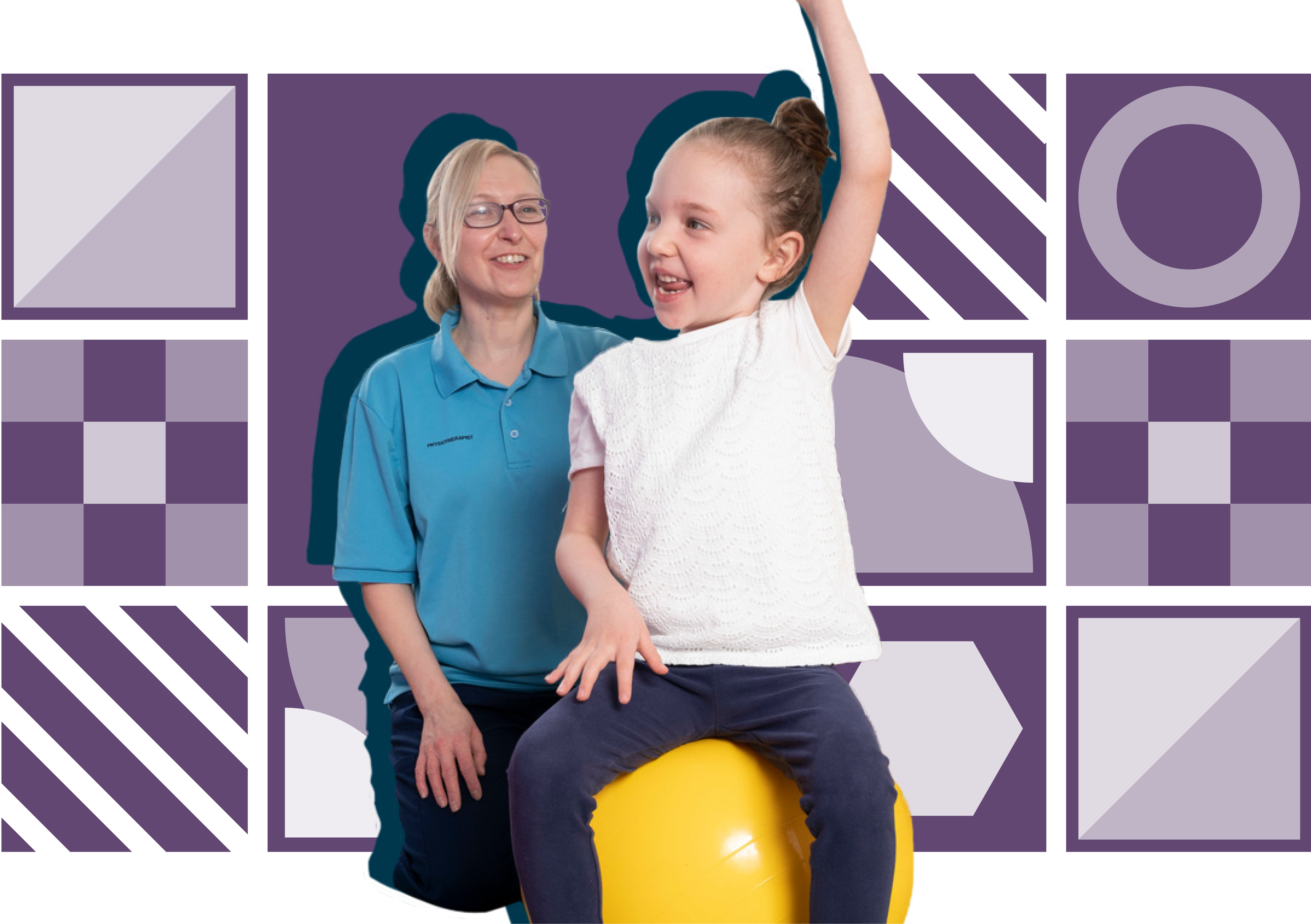Health improvement

Health improvement
Health Improvement describes the work to improve the health and mental wellbeing of individuals, communities or populations through enabling and encouraging healthy lifestyle choices and developing resilience. This includes reducing lifestyle risks and supporting behaviour change throughout the life course.
This is often referred to as primary prevention -actions that try to stop and prevent problems from happening in the first place.
AHPs can play an important role by delivering universal services aimed at the population as a whole. This includes interventions and resources developed by AHPs which are available to the entire population.

What do we know?
The Scottish Government and the Convention of Scottish Local Authorities (COSLA) published Scotland's Public Health Priorities. The priorities represent agreed core areas for improving Scotland's health and wellbeing, and are now the core priorities for Scotland.

The Public Health six priorities are:
- A Scotland where we stay in vibrant, healthy and safe places and communities.
- A Scotland where we flourish in our early years - eg improving breastfeeding rates, encouraging healthy pregnancy, recognising and responding to ACEs (Adverse Childhood experiences), closing the attainment gap.
- A Scotland where we have good mental health and wellbeing eg preventative and early intervention approaches to mental health.
- A Scotland where we reduce the use of and harm from alcohol, tobacco and other drugs.
- A Scotland where we have a sustainable, inclusive economy with equality of outcomes for all.
- A Scotland where we eat well, have a healthy weight and are physically active.
Ready to Act set out a transformational vision for AHP children and young people services to deliver early intervention and prevention through universal services and aiding supportive nurturing environments at home, nursery and school. An interim report highlighted the progress made in the range of universal approaches being offered by AHPs across Scotland. It set out an ongoing ambition to deliver to a robust public health programme of work to interrupt the intergenerational cycle of poverty and disadvantage.

How can AHPs contribute to this aspect of public health?
- Increase visibility and connect with local community groups and resources eg parent and toddler groups.
- Provide whole population advisory services eg telephone advice lines, access to social media information, web-resources.
- Pro-actively signpost to relevant community resources both health and non health care related such as physical activity groups
- Identify opportunities for conversations to promote healthy lifestyle choices and signpost to relevant healthcare services.
- Support the development of a health improvement campaigns for children and families eg promoting physical activity, weight management, mental health.
- Provide advice and support to families and the wider community eg offering training sessions, leaflets, videos, web-resources, advice and materials
- Consider prompts, posters and resources which encourage families to initiate conversations with them.
- Initiate ‘healthy conversations’. A healthy conversation takes place opportunistically between at least two people, and involves an individual being encouraged to consider their lifestyle and health with a view to identifying small but important changes. This may involve offering brief advice and signposting to other services. A key way in which AHPs can support behaviour change is through initiating these healthy conversations during routine appointments and when delivering routine services. Read more in Healthy Conversations and the Allied Health Professionals published by Royal Society for Public Health and Public Health England.
- Contribute to whole systems approaches eg whole systems approach to diet and healthy weight A systems-based approach to diet and healthy weight - Mental health and wellbeing - Our areas of work - Public Health Scotland
Examples:
Something worth knowing – Speech and Language Therapists in NHS Lothian developed a communication health improvement campaign, developing a series of key messages, which were shared widely with the community and across education establishments.
KIDS Website – Occupational Therapists collaborated with other AHPs to develop the KIDS (Kids Independently Developing Skills) website containing lots of information for parents on supporting children’s health, development and independence as well as a KIDS Zone for children to access.
My Amazing Brain – Brain Health Scotland hosted by Alzheimers Scotland is a programme for children that aims to reduce the risk factors of Dementia and provide early education to help promote good brain habits early in life.
Save a Life, Scotland – Paramedics in Scottish Ambulance Service contribute to community events in schools, community groups and promote resources and learning for first aid and CPR.
Just Ask – AHPs in NHS Highland run a multiagency enquiry line offering support for parents who have a concern about their child’s development. Parents are also signposted to the Bump to Bairns website for easily accessible information and resources.
Promoting foot health – Podiatrists in NHS Borders have undertaken a project looking at an education programme for children in school to promote healthy foot care.
Communication is key – Speech and Language Therapists in NHS Dumfries and Galloway have developed a social media resource promoting tips and ideas for encouraging speech and language development.
Art Therapists at the Start – Art Therapists in Dundee collaborated to explore the impact participation in art can have on children’s wellbeing.
Make and Taste – Dietitians in NHS Forth Valley developed a ‘Make and Taste’ resource aimed at Early Years Establishments. It aims to support early years practitioners, teachers, parents and carers to teach young children some basic food preparation skills as well as an opportunity to introduce new flavours and textures at snack time.
Jumpstart Tots - Dietitians in NHS Ayrshire and Arran have developed Jumpstart tots- a healthy lifestyle programme age 2-5 to promote healthy weight and includes a series of YouTube videos.
View and share more examples and case studies on the AHP Children and Young People Virtual Community of Practice Teams channel

 Reflection points
Reflection points
- What opportunities are there for you/your team to promote health and mental wellbeing?
- What local initiatives are there that you could signpost to?
- What kind of ‘healthy conversations’ might you be comfortable initiating and when?
- What might improve your confidence in having these kind of conversations?
- Which of Scotland’s public health priorities might be relevant to your own role and how?
- What resources, information, web content do you offer to the general public in your area?
- Who are the Public Health contacts in the area that you work in? How could you collaborate and highlight the contribution of AHPs.


Health improvement
